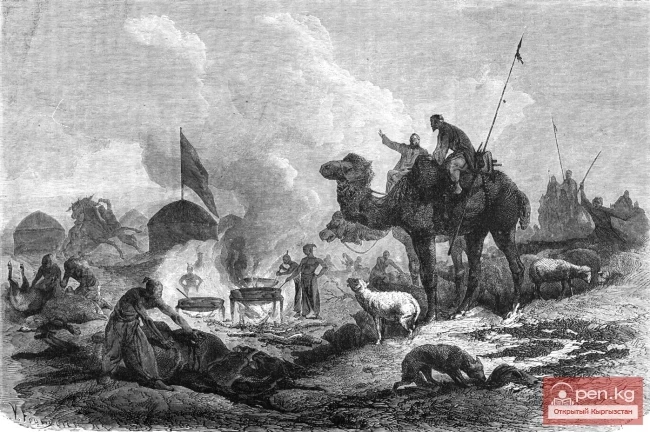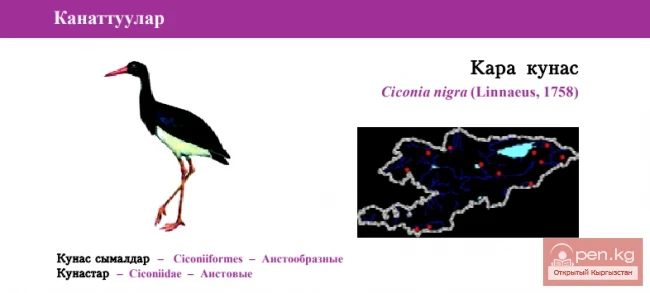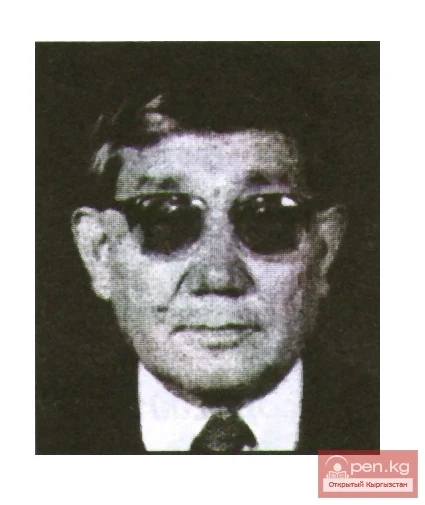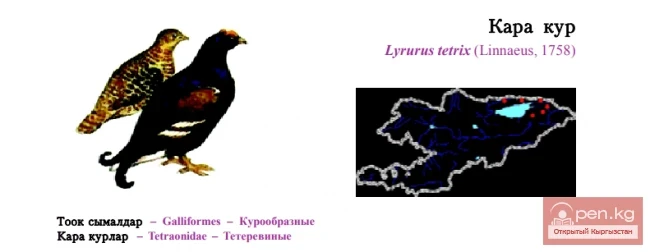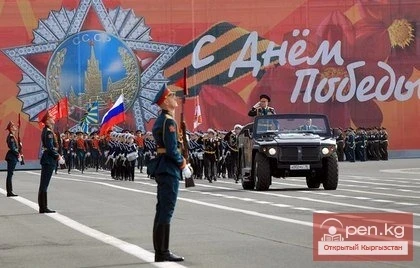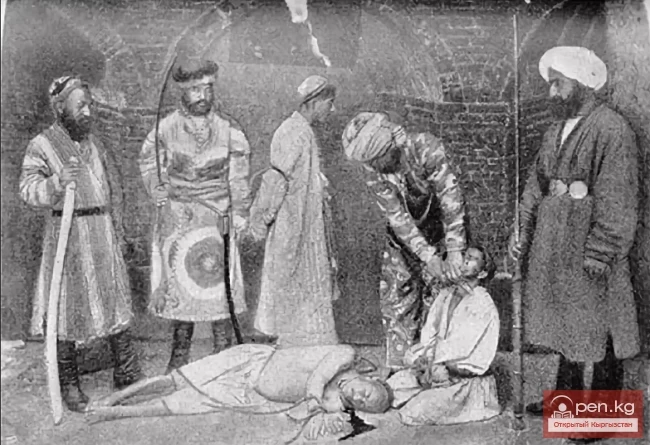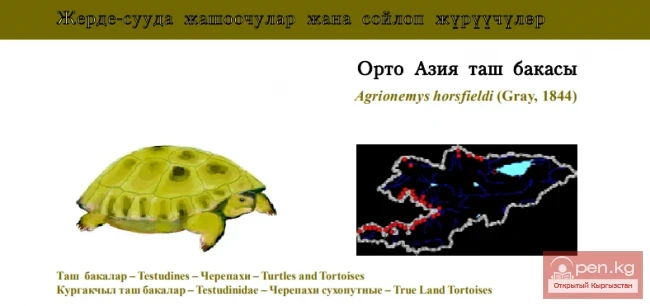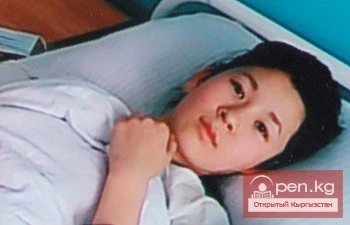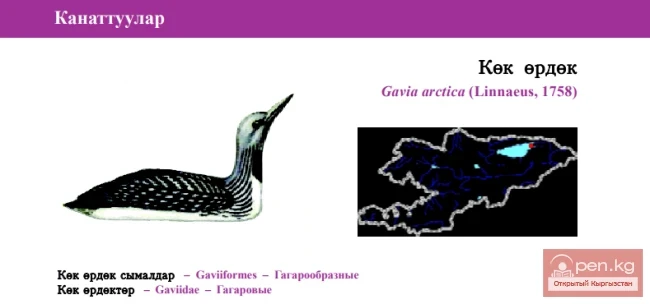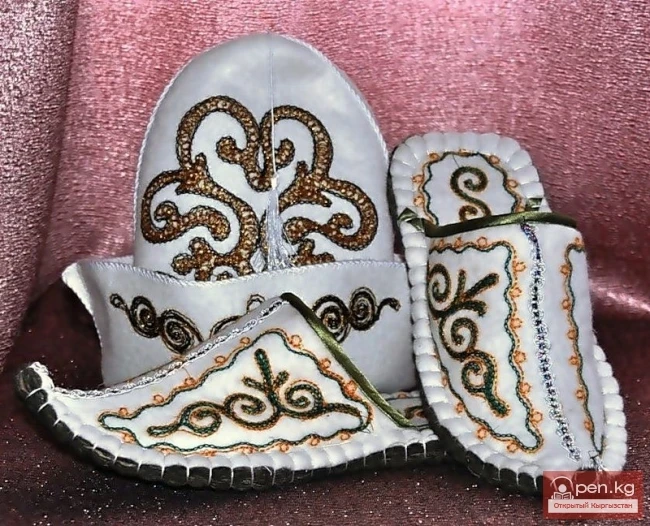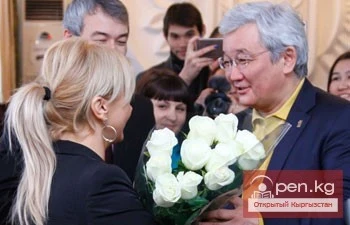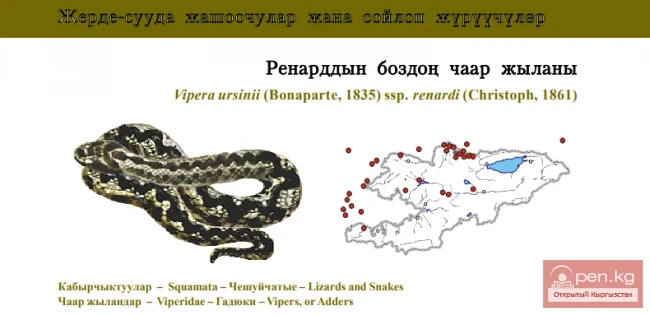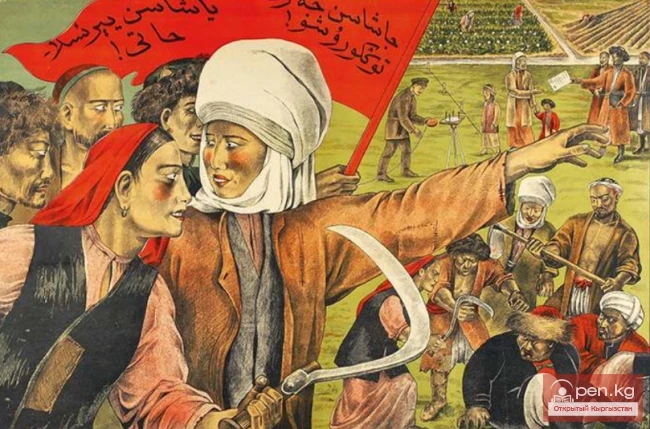N. V. Kyuner. Chinese News about the Peoples of Southern Siberia, Central Asia, and the Far East. Moscow, 1961
N. V. Kyuner supplemented the translation of N. Bichurin's book "Collection of Information..." from Chinese sources. In doing so, he made appropriate corrections or clarifications to the translations of his predecessor and provided a parallel translation of texts from other works not used by N. Bichurin himself. The excerpt about the Hagas is translated from the histories "Taipinghuanyuji" ("Description of the World during the Reign of Taiping 976—983 AD under the Song Dynasty).
Text: Hakyansi — Hagas (Kyrgyz).
The Xiajiaysi is a state in the northwestern steppe. Its original name is Jiyegu, another is Jiuyou, and they are also called Jiang-gun.
The "Historical Notes" refer to them as Jiang-gun, while the Han history calls them Gegun. They are located to the northwest of Huihe (Uighurs — O. K), 40 days' journey away. One edition mentions 3000 li.
Their inhabitants are all tall and large in stature, with red hair and green eyes. Those with black hair are called unfortunate.
For in the "Xiyu Ji" ("Notes on the Western Region"), a work by Jia Hui, it is stated: "Those with black hair and black eyes are descendants of Li Lin." Therefore, their self-designation is: "descendants of Duwei" (the chief administrator, i.e., Li Lin). The Syeiantuo constantly ordered the Syeili (Hyeili) to send one person there for overall administration. In their state, the great commander is called Hexi-bei, the next (in rank) is called Ajiuishé-bibei, and the next is called Amibei. (These) three people govern together. In their state, government officials hold positions of Zai-xian, Du-du, then ranks of Jiang-jun, Dacian (probably Dagan).
In the 6th year of the Zhenguan reign (632 AD), the Tang Dynasty's Taizong(1) sent the envoy Wang Yihun to their state.
In the 17th year (643 AD), the Jiang-gun people sent an envoy to bring sable furs and pelts as tribute (to the Chinese court).
In the 22nd year (648 AD), the elder Si-mo-fa Siboquy Ach-jan personally came to the court and stated: "Since I am wholeheartedly devoted to the empire, I hope to receive a government position and hold an official tablet (a symbol of vassalage) and nothing more." Then he was granted the title of Left Tunywei-da-jiang-jun, the chief ruler of Jiang-gun. They continued to grant rank to their lands, establishing (for administration) the position of Jiang-gun-dudu-fu under the jurisdiction of the Yanran spirit.
In the 4th year of the Yonghui reign (654—655 AD), they sent an envoy once again to present tribute to the court. Still, (Si-mo-fa) said: "In China itself, there are many of our people. Now I wish for them to be sent back to their homeland. I request that a showlin be sent immediately."
Gaozong(2) sent Fan Qiang and greatly rewarded him with brocade, while the (Xiajiaysi) went to pronounce a verdict (on the ransom) as soon as there were people to be ransomed.
Up until the years of the Tianbao reign (742—756 AD), the presentation of tribute did not cease.
In the 3rd year of the Huicheng reign (843 AD), their state sent an envoy Zhu-u-Hesu, a total of seven people, to arrive at the court and present two famous horses. Since they had not sent tribute for a long time, and moreover, not everything was clear in the changed names, they were ordered to consult the book "Siyishu" ("Narrative about 4 Foreigners"), compiled by Jia Dan; it turned out that the name Xiagesi was recorded there. After this, it was learned that the work "Tongsihuangjun" (literally: "to learn to understand wild countries" — O. K) by Jia Dan was reliable and without errors.
Previously, the Hui-gus (Uighurs), disregarding the kindness (of the ruler), attacked and plundered all the tribes, invading (the area) of Linzhou. The ruler considered this (area) a refuge in case of the empire's destruction and could not condone (the Uighurs). He immediately ordered separate troops from Hedong (east of the Yellow River) and other districts to punish (the Hui-gus), and afterwards took control of their state.
In the 2nd month, they sent an envoy Zhu-u-Hesu and six others to arrive at the court and present renowned horses as tribute, and, relying on the military valor of the great Tang Dynasty, requested in the meantime for a grant of a document.
In the 4th year of the Huichan reign (844 AD), the ruler commanded the Taipucin and together with him the Yushi-zhongzhu Zhao Fan to announce pacification.
In the 5th year (845 AD), a document was issued making Zuijingxunuchengming the khan. Just then, Emperor Wuzong passed away, and only in the first year of the Dachzhong reign (847 AD) was the ceremony of granting the document fulfilled.
In the year of the Huichan reign (841—846 AD), the mi-shu-shao-jiang Liu Shu painted a picture of the Hagas bringing tribute to the court. At the same time, the minister composed a preface (to this painting), where their (Hagas') affairs are explained in detail.
